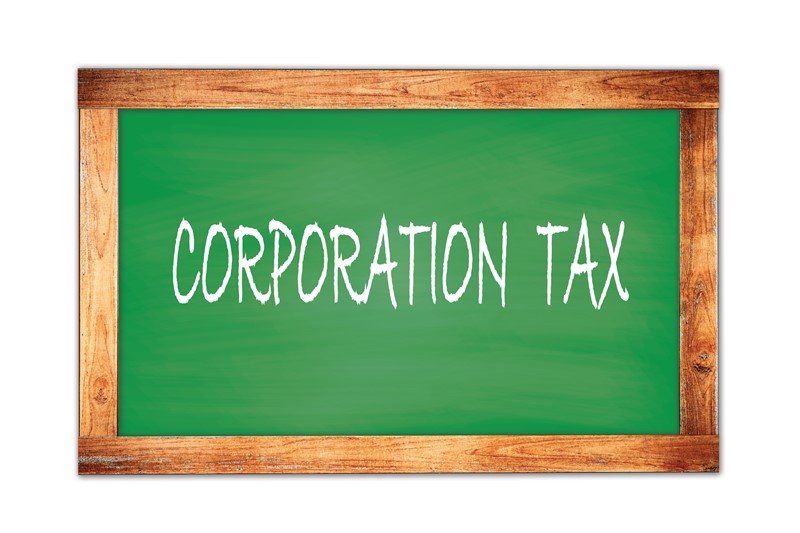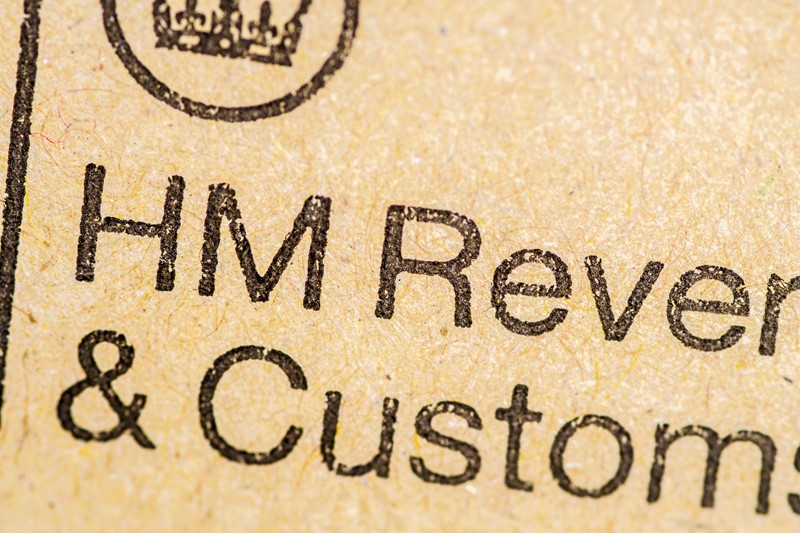CGT during divorce or separation

If you are part of a couple that is about to separate or divorce, apart from the emotional stress, there are also tax issues that can have significant implications. Whilst this is unlikely to be
Taxpayers who return to the UK

There are tax implications that you will need to consider if you previously left the UK to live abroad and are now either returning to live and work in the UK or are considering such a move.
In most
Corporation Tax – marginal relief from 1 April 2023

The Corporation Tax main rate will increase to 25% from 1 April 2023 for companies with profits over £250,000. A Small Profits Rate (SPR) of 19% will also be introduced from the same date for
Claiming Child Trust Fund cash

HMRC has published their latest statistics on Child Trust Funds which reveal that whilst 320,000 accounts have now matured, 175,000 funds that have matured remain unclaimed.
If you turned 18 on or
Concerns about tax repayment agents

HMRC has launched a new consultation seeking views on proposed measures to address consumer protection issues for people who claim tax refunds through repayment agents. The 12-week consultation period
Potential tax demand scam

The Office of Tax Simplification (OTS) is a well-known organisation that provides independent advice to the government on simplifying the UK tax system.
The OTS has issued a press release to warn of
Notifying cessation of self-employment

Any taxpayers that have ceased to be self-employed must notify HMRC of their change in status. There are a number of steps that must be followed if a taxpayer ceases trading as a sole trader or if
Submitting CIS nil monthly returns

The Construction Industry Scheme (CIS) is a set of special rules for tax and National Insurance for those working in the construction industry. Businesses in the construction industry are known as
Check employment status for tax

The Check Employment Status for Tax (CEST) tool can be used to help ascertain if a worker should be classified as employed or self-employed for tax purposes in both the private and public sector.
The
Class 1A payment deadline

Class 1A NICs are paid by employers in respect of most benefits in kind provided to employees such as a company car. There is no employee contribution payable. If you provided taxable benefits to


